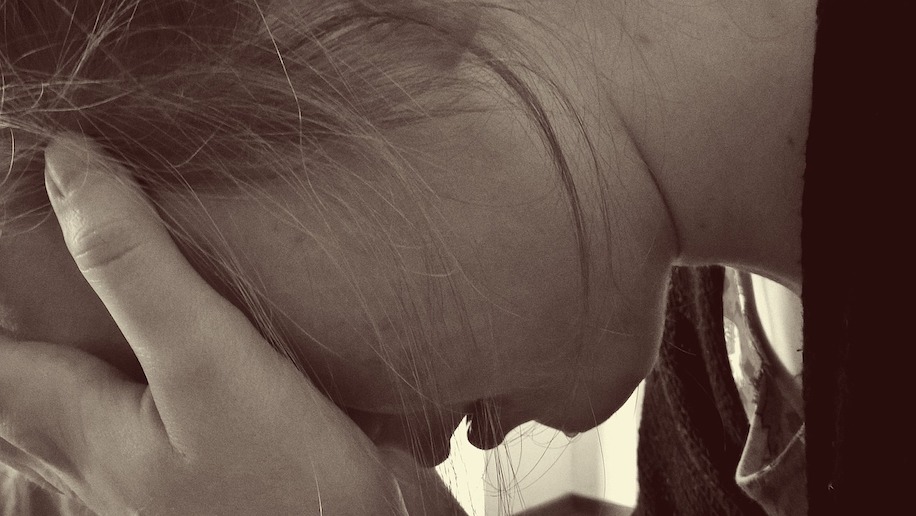
During pregnancy, your levels of oestrogen and progesterone increase rapidly. These hormones do many things but in terms of the way we feel, progesterone is generally calming and promotes sleep while oestrogen boosts mood and energy. It is also this sudden increase in hormones that may contribute to symptoms, such as nausea and mood swings, that can occur during pregnancy.
Let’s look into these hormones a little more so that we can understand what effects they can have on our mood.
Oestrogen boosts serotonin, our happy neurotransmitter which can help to raise endorphins and make us feel happy and positive. Low oestrogen levels can often contribute to feelings of depression and hopelessness. A healthy level of oestrogen can also help us to maintain good energy levels and feel more motivated. On the flip side, low oestrogen can cause fatigue and a lack of motivation.
Progesterone, on the other hand, can help us to feel chilled out, relaxed and can help to stabilize mood. This effect occurs as progesterone converts into a compound called allopregnonolone which can stimulate GABA receptors in the brain. GABA is an inhibitory neurotransmitter which makes us feel good and calm, which is why GABA can be used in the treatment of anxiety and insomnia. When progesterone is low, anxiety, mood swings and restlessness can result.
After a pregnancy loss, your high levels of oestrogen and progesterone take a sudden plunge and within a couple of days these hormones are back to baseline, or what would be found at the beginning of a menstrual cycle. It is this sudden drop in hormones (from very high to low-normal) which can cause big emotional changes, somewhat similar to severe PMS. This plunge of hormones, combined with the sadness and grief of losing your pregnancy, can often result in fatigue, anxiety, insomnia, irritability, depression, headaches, feelings of hopelessness, overwhelm and more.
These hormones will stay at lower levels until your body starts to cycle again which is usually around 4-6 weeks after a loss but may be up to 2 or 3 months. While normal levels are low in comparison to pregnancy, oestrogen will start to increase as ovulation approaches and progesterone will increase post-ovulation. It is during or after this first cycle that your hormones will start to stabilize and return to pre-pregnancy levels.
Understanding what is happening to our bodies and our hormones during that time may help us to be gentle with ourselves and take the time that we need to heal, grieve and recover.
By Belinda Kirkpatrick (BHSc(Nat), M.Rep.Med)
Author of Healthy Hormones